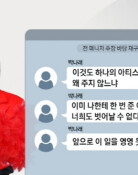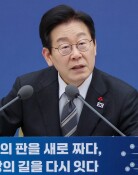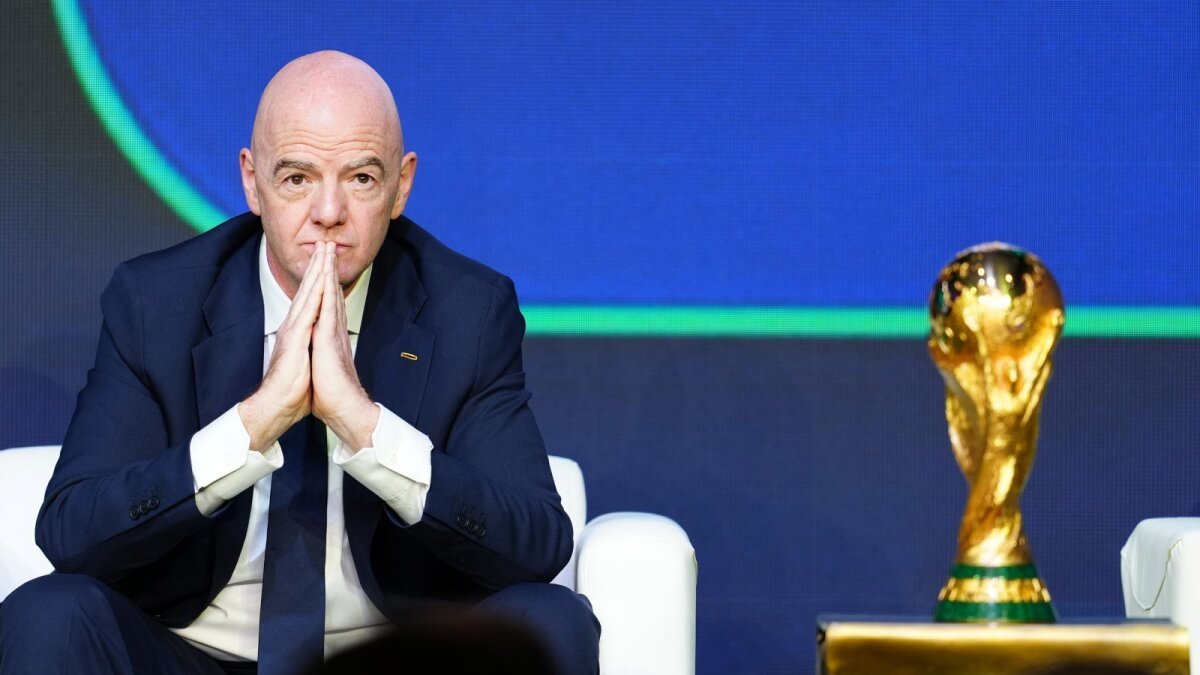PPP to convene third emergency meeting in 19 months
PPP to convene third emergency meeting in 19 months
Posted December. 27, 2023 08:14,
Updated December. 27, 2023 08:14
The People Power Party recently formalized the establishment of the Han Dong-hoon-led Emergency Response Committee, just over 100 days ahead of the general elections scheduled for April 10 next year. This marks the third emergency committee formed within 19 months since President Yoon Suk Yeol's inauguration, succeeding the earlier emergency committees led by Joo Ho-young and Jeong Jin-seok. Han Dong-hoon, the newly appointed chairman of the emergency committee, received official approval from the party's national committee on Tuesday. His primary responsibility is to unify the party amidst chaos and provide support for the president's administration, given the party's status as the ruling party. Simultaneously, the emergency committee, being convened for the third time in 19 months to maintain checks and balances, faces the challenge of aligning with President Yoon's objectives while also going beyond his perspective.
During his inauguration acceptance speech, Chairman Han underscored the importance of prioritizing the well-being of the people, emphasizing a commitment to serving the public before pursuing the personal gain of the party. He highlighted that politicians, as public servants, must adhere to this principle and work towards eliminating the influence of privileged politics within activist groups. Additionally, Chairman Han declared his decision not to run in the 2024 general elections, both in terms of constituency and proportional representation. He expressed his intention to “devote courageously” to public service. The hope is that this commitment, articulated on his first day in politics, will foster a positive and productive relationship between the ruling party and the President's Office.
The Kim Kun-hee Special Act, anticipated to be implemented during the National Assembly's plenary session on Thursday, serves as a litmus test for Han Dong-hoon's political leadership trajectory. While the issue poses challenges for both the President's Office and the ruling party, it cannot be disregarded that public opinion favoring the act surpasses 60%. Chairman Han is responsible for shaping the party's stance on the Special Prosecution Act. Furthermore, addressing the controversy surrounding First Lady Kim Kun-hee, as evidenced by a video released a month ago, is crucial. The outcome of how Chairman Han navigates these challenges, communicates with the president, and reaches conclusions will undeniably influence the fate of the Han-led party leadership. The call for ‘courageous devotion’ should extend beyond mere rhetoric at the inauguration ceremony.
Chairman Han must play the crucial role of counterbalance to the president's handling of state affairs. The leadership under Kim Ki-hyun, aligned with the pro-Yoon faction, initially prioritized the unity of the party and government, stating that "President Yoon's heart is the heart of the party, and the heart of the party is the heart of the people." However, this approach ended prematurely, as Kim Ki-hyun withdrew from his position after only nine months. In a scenario where the president holds concentrated power, there is a risk of receiving biased information and flattering remarks that affirm the president's decisions. While acting as a moderating influence within the political party was imperative, Kim Ki-hyun's leadership opted for silence. Even when the president, during the People Power Party conference, asserted the need to prioritize ideology over practicality and confront the opposition party, the attending lawmakers listened without expressing opposing views.
Chairman Han finds himself in a unique position, entering the political arena without prior experience. His initial challenge involves establishing a more egalitarian relationship between the president and the ruling party. Despite his lack of political background, Chairman Han shares a longstanding hierarchical connection with the president dating back to their time together in the legal system. Moreover, there is a growing demand for a shift from traditional conservative politics to a more forward-looking approach. These calls for change are driven by the ruling party's apprehension about an imminent defeat in the upcoming general election. Chairman Han is navigating through a complex landscape of public sentiment, acknowledging the urgency by stating, "If we walk together, we will reach a path." The success or failure of the Han-led Emergency Response Committee hinges on its ability to strike a balance between aligning with the president's vision and astutely interpreting and responding to the prevailing public sentiment.







